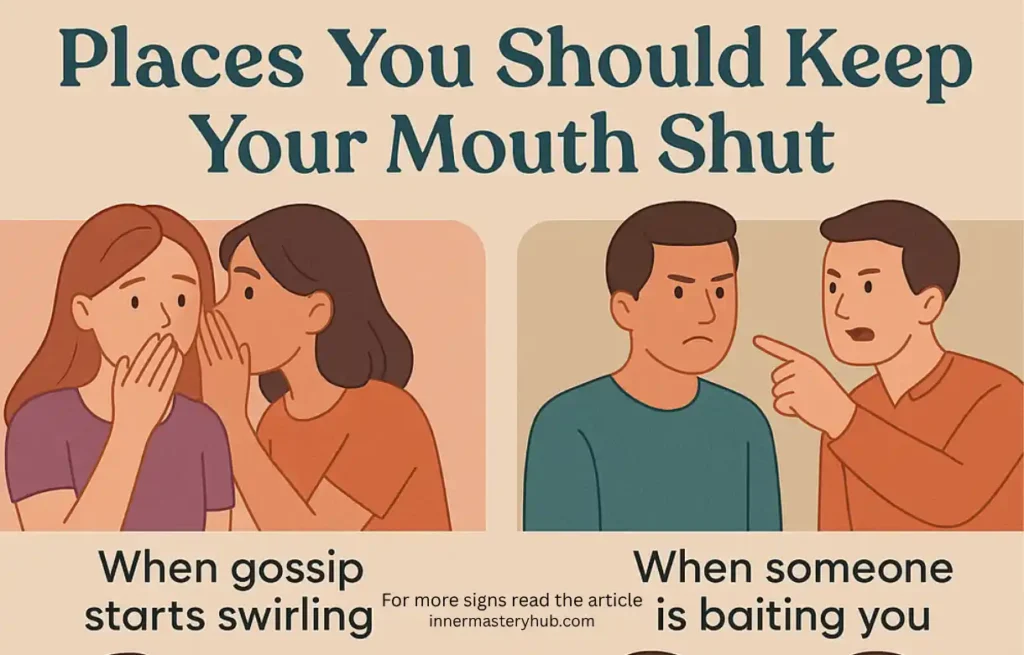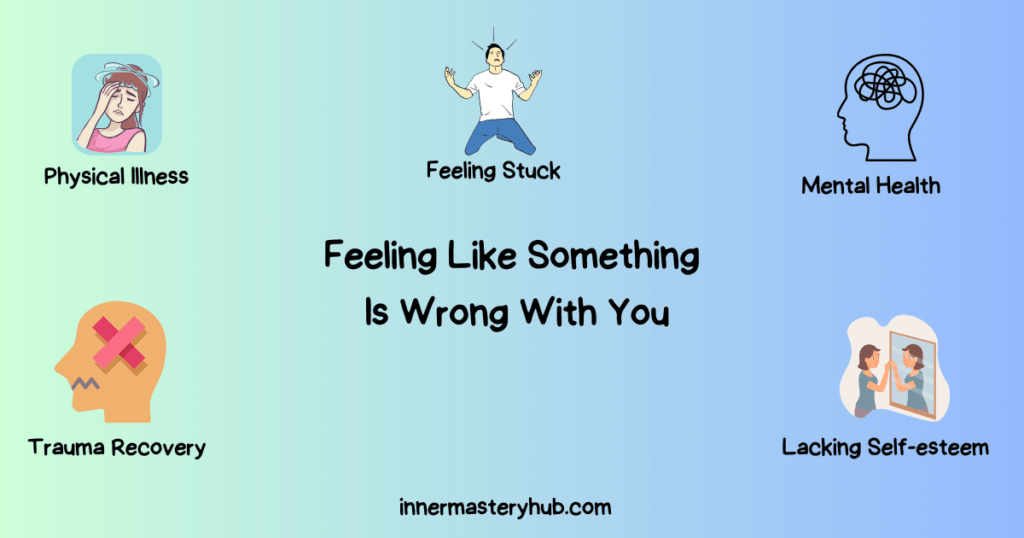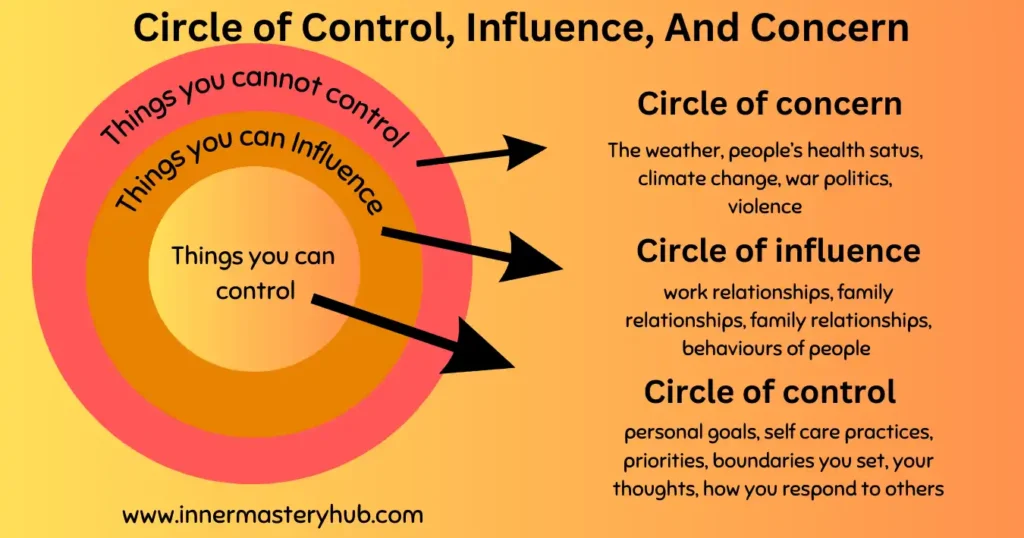22 Places you should keep your mouth shut

Whether you want to improve yourself or protect your relationships, a straightforward habit can make or break both: knowing when to keep quiet. Speaking inappropriately damages relationships, ruins opportunities, and creates unnecessary problems. You build relationships, make better choices, and earn respect when you know when to hold back. This guide takes you through unique scenarios where silence works best. You’ll spot yourself in these situations and gain specific, helpful suggestions on how to behave differently the next time.
Places you should keep your mouth shut
When your heart is racing in a conflict, you need to keep your lips shut
You’ve sensed the heat building in a situation and the impulse to react quickly. That is precisely the time to keep your mouth shut. Your capacity to hear your spouse and think clearly is compromised when you’re psychologically “flooded.” You are more likely to say regrettable things and absorb information incorrectly if your heartbeat floods during a fight.
In this situation, you may take a moment to calm your body before responding immediately. A twenty-minute reset, some deep breathing, or a little break can keep a conflict from becoming out of control. When your system is stable and a connection is essential, rather than not winning the argument, you aim to come back later to clear the air.
In negotiations and high-stakes talks, after you’ve made a key point
In negotiations, keeping your mouth shut improves results when you need to stay silent. You can use Short, intentional pauses—just a few seconds—to interrupt zero-sum thinking and help both parties come up with more creative, win-win agreements. Stop once you’ve spoken what has to be said. Let the heavy lifting be done by stillness. You avoid talking yourself into making unnecessary concessions, while the other person usually fills the silence with insightful information.
When you delay, it shows assurance, inspires reflection, and reduces the risk of a weak counteroffer. Hold your ground and mentally count “one-one-thousand, two-one-thousand, three-one-thousand” if you find stillness unsettling between intervals.
When gossip starts swirling
Negative gossip has a price, although some office chat seems harmless. According to research, being around gossip and unfavourable social cues increases tension, strain, and depressed symptoms. It can also prevent organised behaviour that keeps teams moving forward. Avoid adding to the rumours and don’t be the one who spreads them. Your reputation for caution will spread more quickly than any rumour you choose not to share.
Another reason you need to keep your lips shut is that gossip damages trust because it is perceived as less moral and competent. You want to be the coworker that people rely on for good judgment rather than flashy opinions.
When you’re exhausted
Alcohol and sleep deprivation affect perceptions and emotional regulation. Your brain’s emotion centres fire more furiously, and your prefrontal “brakes” don’t control as well when you’re sleep-deprived. When combined with texting, disagreements, or relationship decisions, that is a poor combination.
Make it clear: avoid discussing sensitive issues after midnight or after inadequate sleep. Connection, not shrewd comebacks you’ll later regret, is what you want. Here, keeping your mouth shut is wisdom at work.
When kids are listening
Youngsters are observant of how adults resolve disputes. Children who see aggressive interparental conflict are more likely to experience insecurity and unpleasant emotional reactions. They pick up on patterns of harsh words, loud voices, and cold silence and internalise them. Hold the queue if there are young ears around. Postpone the challenging conversation till later and make sure that your words are transparent and impartial. You’re job is to safeguard developing minds, not avoid issues.
When you don’t know the whole story
You are driven to act quickly to repair the situation, clear the record, or stand up for someone. However, if you don’t have context, your words may get inflexible around the incorrect image. Quick judgments may develop into stubborn stances, and pride prevents you from giving in.
Hold your tongue, listen for the timeframe, the details, and anything that’s still unclear, then ask two or three clarifying questions. You’ll observe that your initial take becomes softer. You engage with the truth instead of battling a shadow. Because you choose curiosity over confidence, that change alone can save a relationship.
When someone is baiting you
Antagonists take advantage of your reaction. They keep you dancing and move the goalposts if you give them the chance. I used to try to make sense of myself to people who didn’t want to. It was never successful. Refusing to start by saying, “I’m not having this conversation,” was effective. After that, I moved on. Here, keeping your mouth shut is a boundary in action, not a sign of surrender.
When feedback stings
Although defensiveness depends mostly on adrenaline, it feels like the truth. Your lips come alive with explanations, your jaw locks, and your chest tightens. You lose the lesson and defend your ego if you speak at that time. Instead, be silent, make notes, and enquire, “Is it possible for me to sit with this and respond tomorrow?” Sift for the useful 10 percent later. Your responses will be more composed, and others will realise that they can be honest with you, which will strengthen all of your relationships.
When anger is peaking
Pointed fingers, fast respiration, and raised voices are all signs of danger. I paid for the strong lines I said in that state. Most likely, you have done the same. Before attempting to make a point, take a step back, take a deep breath, and allow your body to settle. The objective is to be fair, not to win. Instead of hurling general labels that sting, you can name particular behaviours when your nervous system is relaxed.
Early in Marriage and friendship
Oversharing can feel like honesty, but without trust, it reads as pressure. Match the other person’s level. Share a little, listen a lot, and let warmth build layer by layer. When you pace yourself, you avoid the morning-after vulnerability hangover that comes from saying too much too soon to someone who hasn’t earned it yet.
When someone needs to vent
You want to assist, so you search for solutions. However, prompt advice is rejected with the response, “You don’t get me.” Consider giving someone a moment to think, nodding silently, and politely asking, “Do you want me to help think it through, or just listen?” That pause acknowledges their sentiments and keeps the connection alive.
When timid criticism flies
Not every comment is worthy of your time and effort. The wisest course of action is to ignore remarks that are obviously intended to cause pain. Don’t give away your attention; it’s a reward. Maintain a silent dignity. Determine later if a boundary negotiation is required. Most of the time, keeping your mouth shut ends the game.
On social media during heated cycles, you.
You might want to dive right in; a hasty decision can haunt you for years. Think about who your remarks are helping, pause, read more, and wait for a news cycle. If you must communicate, be human and factual. The best course of action is to keep things private by keeping your mouth shut and protecting details.
After asking a challenging question
Nerves take over, and you start talking again after you finally pose the difficult question during a meeting or negotiation. Now is the time to stop. Answers that you would never hear if you fill the void are made possible by keeping your mouth shut. Mentally count to three before asking again.
Before sending sensitive texts or emails
In their mind, the joke that seems good in yours is cold or cruel. Hold the message overnight or change to a call if it’s sensitive. “Would I be OK if this got forwarded?” ask yourself. Don’t press submit if the response is no. You’ll safeguard both your record and your relationships.

When someone else owns the moment
When a friend offers excellent news, you are compelled to share a similar story. Don’t give in. Give their victory some breathing room—one more question. Before you add anything, join them in celebrating. When you create space for their happiness without taking centre stage, you’ll realise how much closer you feel.
When “Keeping it real” would just wound
Honesty is a tool, not a weapon. If your comment can’t help, heal, or move things forward, skip it. I’vee learned that””just being hones”” often hides a desire to vent frustration without owning it. When you choose kindness over a harsh truth no one asked for, you protect both the bond and your integrity.
When you feel pressured to correct someone else’s narrative
People are providing more than just facts when they tell you what something means to them. You might be correct, but you could still cause harm if you jump in with “Actually.” First, try repeating the language: “So for you, it meant…” Then ask whether they would like a different perspective. Instead of stealing meaning, you become a partner in it.
When your values are being tested in the wrong venue
Some confrontations are more about asserting power than about values; you need to keep your lips shut. Know the difference. When you have the energy to stand up, save your most significant beliefs for discussions with people who can hear them and where they can make a difference. You save your strength for the important moments by keeping your mouth shut here.
When you’re tempted to correct minor details.
Interrupting a story to correct minor details yields no benefits. Consider whether the point gets modified by the revision. If not, ignore it. In a small quantity, precision is less valuable than what is happening. When accuracy really counts, save your credibility.
When your plan needs a private start
During the first week, new routines and initiatives are sensitive. Talking about them too much can lead to unwarranted pressure and a false sense of progress. Keep calm, complete the repetitions, and then share once the tempo is authentic. Your preview won’t be as persuasive as your results.
When you’re going to say something you can’t take back
That sentence is familiar to you. It feels like a match on your tongue. You cannot take anything back after you’ve let it out. Press your lips together, inhale through your nose, and wait when you sense the heat. You’ll be glad you didn’t start the fire when it goes out.
How to practice” wise silence” without stonewalling
When keeping your mouth shut is intentional and combined with action, it can be pretty effective. You’re buying time to react correctly, not shutting down. When you need to keep your lips shut, use this easy three-step rhythm:
Take note of your internal condition first. Are you exhausted, angry, or is your heart racing? Those are warning signs that your remarks could cause harm. The conclusion drawn from studies on alcohol, sleep, and rage is the same: control your body first.
Second, make a gesture. “I want to get this right—can we come back to it in twenty minutes?” is a brief line. Maintains assurance when you take a break. You’re picking a better time, not avoiding it.
When you’re upfront and patient about delays, your friends, teammates, and partners respond nicely.
Third, fix and return. Return with listening skills rather than lectures after the pause. According to studies on listening and cooperative problem-solving, when people feel completely heard, they become closer and more collaborative.
How does this build your self-development and relationships?
When you avoid impulsive speaking —when you need to keep your lips shut —it improves your decision-making and reputation. Your calmness adds value in talks. Your discipline builds trust at work, and calmness creates a safer environment for the people you care about at home. You develop patience, perspective-taking, and emotional control—all significant components of maturity—each time you decide to keep your mouth shut, when it matters.
Additionally, you’ll feel more in charge, notice more, understand more, and make better decisions when you stop responding to every spark. The tone of your relationships will change to one of respect and less drama. That’s consistent discipline in the areas where you should keep your mouth shut, not luck.
Quick self-checks you can use today.
Ask yourself these short questions in the moment:
- Am I physically calm enough to be fair? If not, step away and reset your body first.
- Could this email or text be misunderstood? If yes, switch to a call or wait.
- Am I about to post something I wouldn’t want a manager to see? If yes, don’t post.
- Is this person asking for advice—or just presence? If its presence, listen longer.
- Is my story about to take over their moment? If so, hold it and celebrate them first.
Build Your “Silent Strength”
You need an honest pause, not a flawless storyline. The pattern is consistent throughout dispute, negotiation, work culture, digital life, early relationships, family dynamics, and celebrations: a quiet pulse at the right moment protects what’s important.
The more you practise in these eleven areas when you should keep your mouth shut, the more you will gain intimacy and influence. When conversation is over, you’ll think more clearly, people will feel safer around you, and you’ll like who you are. Real progress is steadfast, rooted, and directed by cautious boundaries.
FAQs for” Places You Should Keep Your Mouth Shut”
What are the benefits of keeping your mouth shut when necessary in arguments?
You reduce defensiveness, cut out rash comments, and maintain the focus of problem-solving. The value of brief pauses is highlighted by both relationship and negotiation literature.
When is keeping your mouth shut better than speaking in relationships?
When your partner wants to vent, when emotions are running high, and when giving advice could feel like pressure. Intentional, shared quiet can convey intimacy; antagonistic silence is detrimental.
Is keeping your mouth shut the same as stonewalling?
No. The phrase “I need 20 minutes” refers to a brief period of wise stillness, followed by re-engagement. Withdrawing to exert control or punishment is known as stonewalling, and it is associated with worse results.
How does keeping your mouth shut help in negotiations and meetings?
It motivates disclosures, prevents over-conceding, and increases the production of shared value. Wait 3–5 seconds after asking.
When should you not keep your mouth shut?
When there are concerns about safety, morality, or the law, when keeping quiet will allow harm to occur, and when prompt correction stops actual harm.
How do I stop oversharing with new people?
Common recommendations throughout top list posts include matching the other person’s level of transparency, using time-bound responses, and saving more in-depth information for later.
What should I do when gossip starts at work?
Instead of adding more details, change your focus to tasks or make an excuse. Career capital is your reputation for discernment.
Is it OK to keep your mouth shut on social media during a public controversy?
Indeed. Credibility and relationships are safeguarded by waiting for data and selecting a better location—this warning keeps coming up.
Why do experts say “don’t speak first” after you make an offer or ask a big question?
Because the opposing party often negotiates against itself or discloses priorities. Value emerges when there is silence.
How can I practice healthy silence daily?
Employ the “pause protocol”: take a deep breath, identify your condition, request some time, and then purposefully return. Micro-pauses are supported by both negotiation research and leaders’ manuals.






